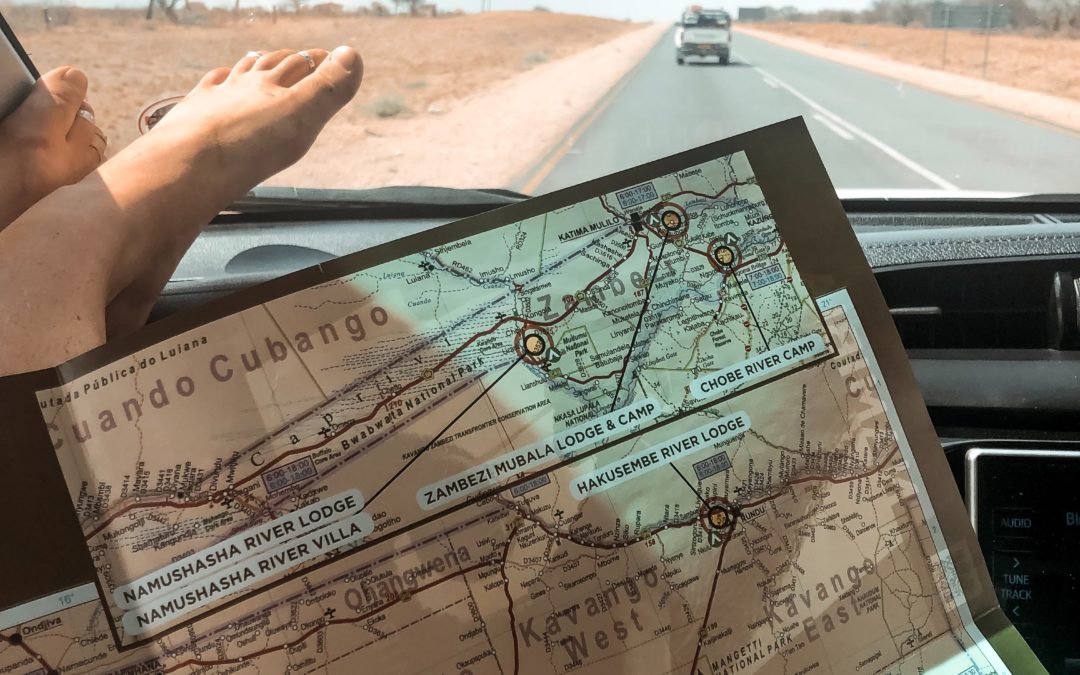Are we there yet?
Who among us hasn’t taken a car ride as a kid and asked this question of the driver? When you’re little you’re in the back seat, and if you don’t really understand how you are getting where you are going, it’s unsettling not to know if you’ve reached your destination.
In our nonprofit organizations, we also want to know if we are there yet: Have we achieved our goals? Are we making a difference? Are we changing lives, neighborhoods, or circumstances? Are we growing as an organization, evolving to meet emerging needs? Are we working more efficiently and learning from our mistakes?
There are lots of ways to evaluate our programs, our organizations, and even our fundraising efforts. If an organization doesn’t have the money or bandwidth to create complex data-driven evaluative systems, that doesn’t mean that the organization cannot gather and interpret information.
First, organizations should start by defining their “there.”
What would it look like for you to accomplish your goals? To work yourself out of business?
How will your community, clients, etc. be different when your organization has achieved everything it set out to achieve?
When will you know when you are done?
This is not to say that getting “there,” achieving your organization’s or program’s ultimate goals, is something you should set out to do in the short term! It just means that you are beginning with the end in mind, with an idea of what it means to get there. Then you can articulate your organization’s or programs outcomes (the change you’ll create) and outputs (the activities you’ll carry out in order to create those changes), so you’ll have some landmarks on the long road trip.
(Think about that kid in the back seat of the car. When she whines “Are we there yet?” the driver can say “You’ll know we are close when you see the big red barn out the window!”)
Don’t have a fancy database or an outside evaluator to help you mark your progress?
That’s fine! There are ways to gather meaningful insights and data, even if you don’t have a lot of funding or resources for nonprofit evaluation:
Survey your clients, staff, and outside stakeholders. Gather quotes. Get testimonials. You can use a tool like SurveyMonkey or even a Google Form to collect anonymous information. Or, you can kick it old school and ask people to fill out survey forms on paper. (Remember, surveys like this can be kind of like Yelp reviews: Sometimes, it’s the ones with an axe to grind who are most vocal. Bear that in mind when you are reviewing the results.)
Survey “secondary sources.“ If you are running an after school girls leadership program, you probably will survey the girls’ parents. Can you get feedback from teachers or administrators at the girls’ schools? Or clergy at their church? Or coaches on their teams? Can you compare school leadership positions for girls in your program versus girls who are not in your program?
Consult other organizations’ data. Is your organization trying to clean up a river? If so, is there a respected nonprofit or a government agency that is measuring water quality on a regular basis? Whether you are helping children, senior citizens, school systems, animals, or just about any worthy cause… there probably is a government or other agency tracking data that will help you figure out if your organization is making a difference.
Look at demand for your program. If you’ve got a long waiting list, that may tell you something about the reputation you are building in your community and how current participants are singing your praises. (Again, a word of caution: this might not be an A + B = C situation. There might be other reasons that you have a long waiting list.)
None of the methods above are perfect. Nonprofit evaluation can be tricky. There could be multiple factors impacting why you are getting certain the data and feedback. My advice: don’t let the perfect be the enemy of the good. Gather some information and see what you learn. Take a close look at your findings, identify other factors that may be influencing them, and figure out if there are better ways to measure if you’re “there yet.”
One thing is for sure: If you don’t ask some evaluative questions, you definitely won’t know how far you’ve come.
_______________________________________________________________________________________________
Don’t miss out on new ideas and great tips on fundraising, leadership, writing, philanthropy, nonprofit evaluation, and lots of related topics. Join the PITCH list to get Lauren’s monthly newsletter delivered straight to your inbox, and get a free gift when you sign up!

